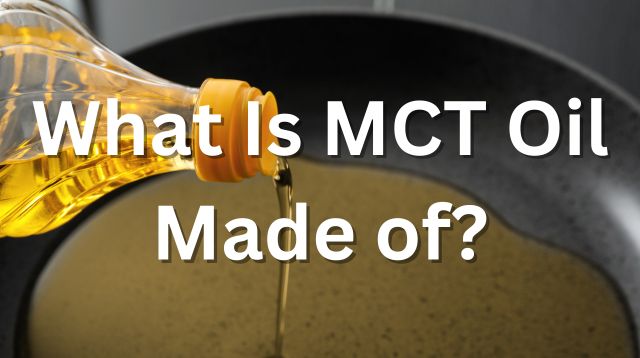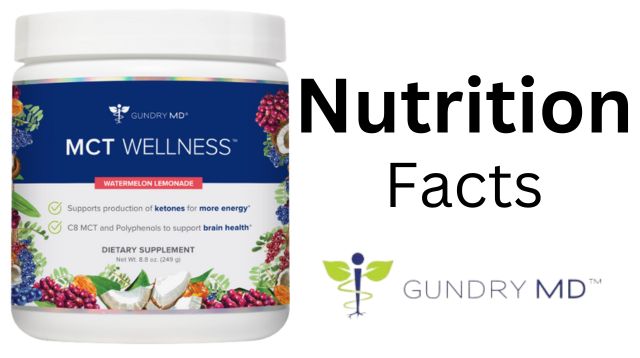What is MCT Coconut Oil and How is it Different From Other Oils?

What Is MCT Coconut Oil?
MCT coconut oil is a refined oil derived from coconut oil that predominantly contains medium-chain triglycerides (MCTs). MCTs have a shorter carbon chain length compared to long-chain fatty acids found in many other fats and oils.
As MCT oil is concentrated from coconut oil, it contains 100% MCTs, while coconut oil contains only around 50% MCTs.1
MCT coconut oil most often contains the MCTs known as caprylic acid (C8) and capric acid (C10). These are both quickly absorbed by the body into the bloodstream, providing a readily available energy source.2
Coconut oil contains all four MCTs: caprylic acid (C8), capric acid (C10), lauric acid (C12), and caproic acid (C6), but it is largely made up of lauric acid. Lauric acid acts more like a long-chain triglyceride (LCT) and is generally considered to be an unhealthy saturated fat.3,4
MCT oil can also be readily found in powder form, which can be a more convenient form of the supplement.
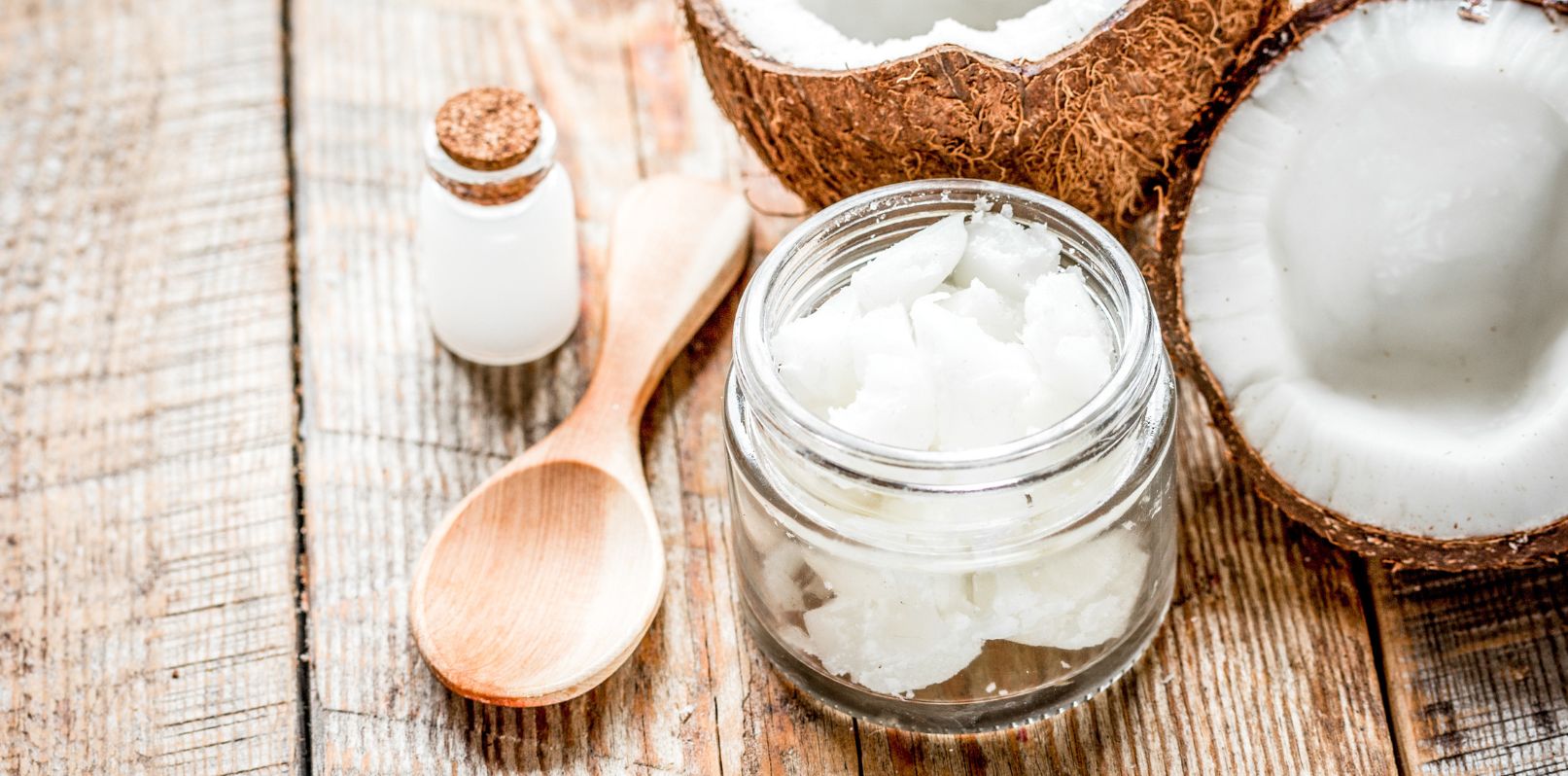
How Is MCT Coconut Oil Made?
Have you ever wondered how coconut oil gets from tree to table?
Firstly, coconuts are harvested, and the hard shells are removed. If a “dry” method is used, fresh coconut meat is dried with a small amount of heat and then machine-pressed to remove the oil. If a “wet” method is used, a machine presses fresh coconut meat to yield milk and oil. The milk is then separated from the oil using fermentation or centrifuge machines.5
The coconut oil then undergoes a process called “fractionation,” where MCTs are extracted and isolated from the coconut oil.6
If the MCT oil is to then become powder, the oil is mixed with a carrier substance, usually a starch or a protein, like acacia fiber – MCT oil needs to bind to something to be converted into powdered form.
The mix is then sprayed into a special chamber, where it’s exposed to hot air. This causes the liquid to evaporate and leave behind fine MCT powder particles. The result is a powdered form of MCT oil that retains all the potential benefits with more convenience.7
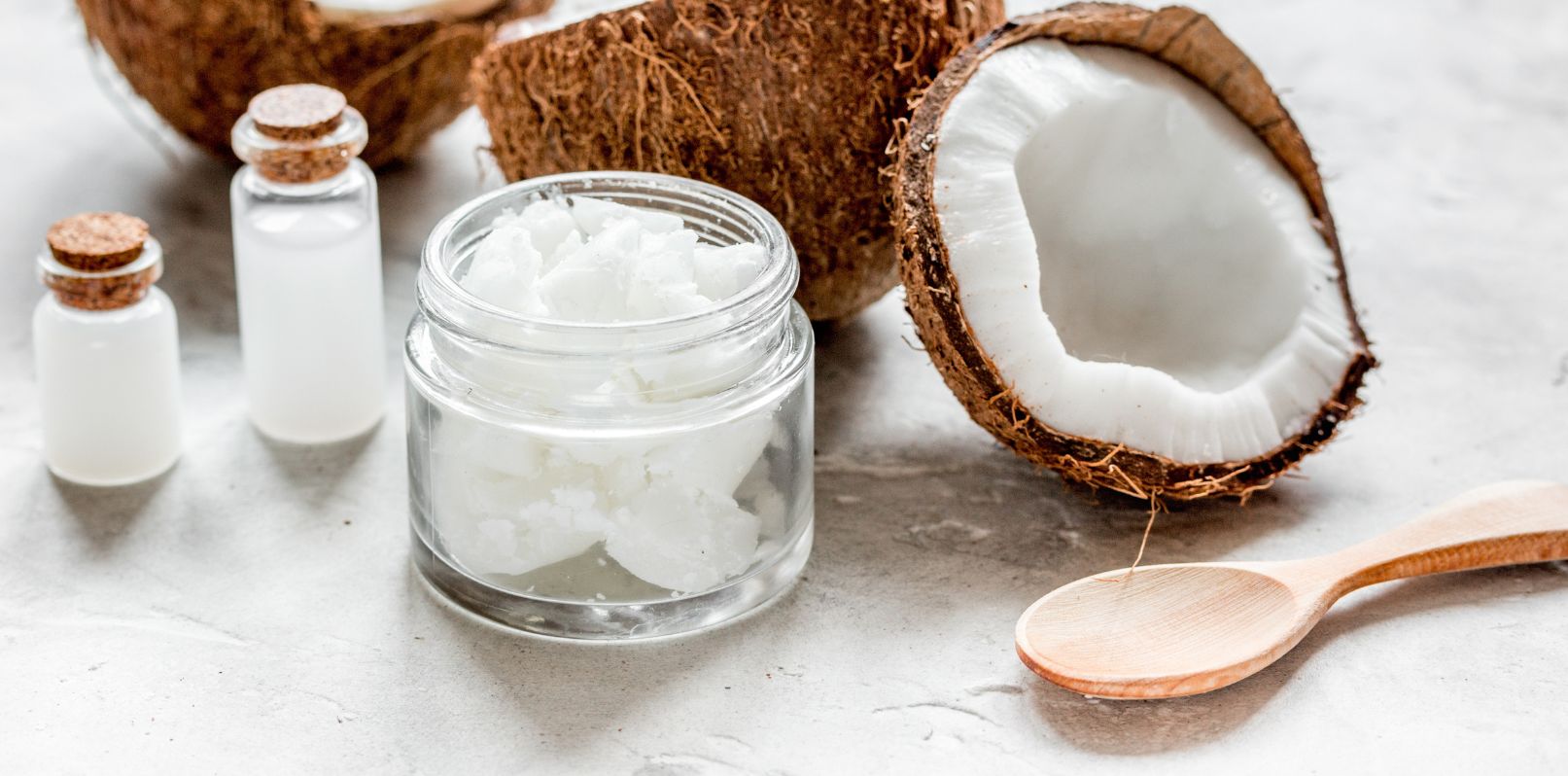
Differences Between MCT Coconut Oil And Other Oils
1. MCTs are a type of fatty acid found in certain foods.
MCTs are a type of fatty acid found in foods, like coconut and palm oils, and to a lesser extent – butter, whole milk, cheese, and full-fat yogurt. MCTs are also found in high concentrations in human breast milk.8-9
2. MCTs are different from other fats because they’re digested faster.
MCTs stand out due to their shorter chain length compared to long-chain triglycerides (LCTs) found in foods such as fish and meat. Imagine MCTs as the sprinters of the dietary fat world – they're quickly absorbed and converted into energy.10
3. MCTs can be consumed in more diverse ways.
MCT coconut oil has also become popular due to its immense versatility. Unlike some other oils, it can be added to hot beverages, like tea or coffee, or blended into smoothies. But it can also replace your other favorite oils in salad dressings or even baking recipes.
Flavored MCT powders can add a lovely subtle flavor to water and other drinks – or even to baked goods.
4. MCTs contain different, but equally exciting nutrients as other oils.
While other oils don’t contain MCTs, some do offer up a whole host of other really wonderful potential health benefits. This is why there’s room for all of these oils in your diet.
For example, olive oil is high in heart-healthy oleic acid (55-83%), a monounsaturated fat, as well as being rich in antioxidants and polyphenols.11
Avocado oil also contains heart-healthy monounsaturated fats and antioxidants, and it’s packed with essential vitamins and minerals, like vitamin C and B vitamins, potassium, folate, and magnesium.12
Flaxseed oil is rich in omega-3 fatty acids, specifically alpha-linolenic acid (ALA), and it contains antioxidant-rich lignans.13
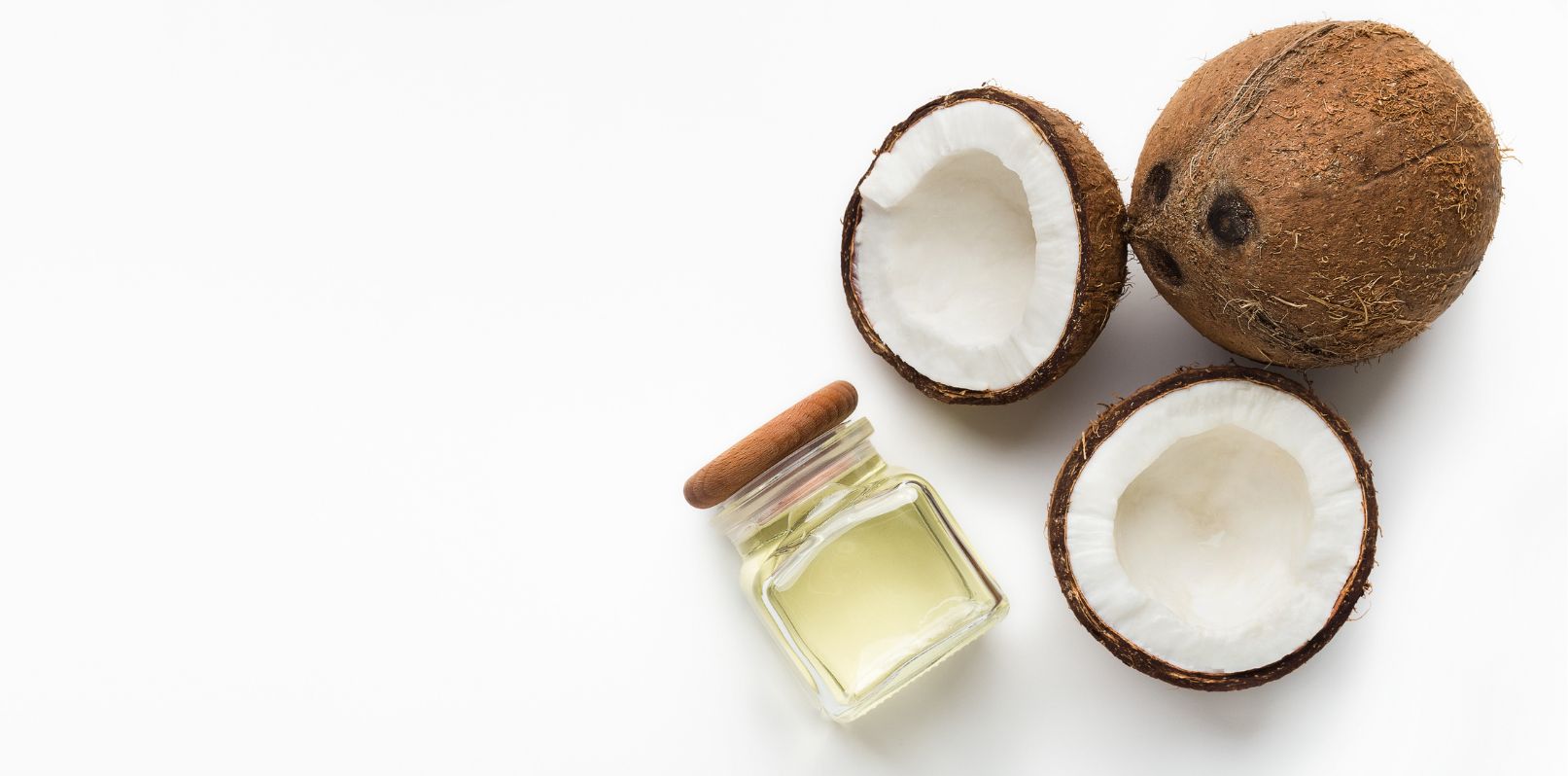
The Potential Health Benefits Of MCT Coconut Oil
MCT coconut oil has shown some great potential when it comes to supporting health and wellness. Here are some of the most promising potential health benefits that MCT oil has been presenting:
An MCT oil supplement can be useful for regularly providing more sustainable amounts of MCTs than the body can get from food. However, it is essential to always choose a high-quality MCT coconut oil product (liquid or powder form) from a reputable brand.
Considering the potential health benefits that MCT coconut oil can offer – with its high concentration of fast-traveling medium-chain triglycerides (MCTs) – it can be an exciting supplement to consider adding to your diet.
As always, you should speak with your doctor before adding any new supplements to your diet.
Sources
- https://www.ncbi.nlm.nih.gov/pmc/articles/PMC4882694/
- https://www.health.harvard.edu/blog/is-there-a-place-for-coconut-oil-in-a-healthy-diet-2019011415764
- https://www.acs.org/molecule-of-the-week/archive/l/lauric-acid-myristic-acid.html
- https://www.healthline.com/nutrition/mct-oil-vs-coconut-oil#mc-ts
- https://www.hsph.harvard.edu/nutritionsource/food-features/coconut-oil/#:~:text=Coconut%20oil%20is%20made%20by,coconut%20oil%20typically%20uses%20copra.
- https://www.healthline.com/nutrition/mct-oil-101#mct-oil
- https://aapharmachem.com/mct-oil-and-oil-powder/
- https://www.sciencedirect.com/science/article/abs/pii/S104366180900276X?via%3Dihub
- https://www.frontiersin.org/articles/10.3389/fnut.2022.804880/full
- https://pubmed.ncbi.nlm.nih.gov/11755040/#:~:text=Firstly%2C%20fatty%2Dacid%20chain%20length,than%20long%2Dchain%20fatty%20acids
- https://www.ncbi.nlm.nih.gov/pmc/articles/PMC6770508/
- https://www.hsph.harvard.edu/nutritionsource/avocados/
- https://www.verywellhealth.com/flaxseed-oil-health-benefits-how-to-use-and-cautions-4178046
- https://pubmed.ncbi.nlm.nih.gov/2021124/
- https://pubmed.ncbi.nlm.nih.gov/1568535/
- https://alz-journals.onlinelibrary.wiley.com/doi/abs/10.1002/alz.055702
- https://pubmed.ncbi.nlm.nih.gov/33220329/
- https://www.frontiersin.org/articles/10.3389/fneur.2023.1123290/full
- https://www.sciencedirect.com/science/article/abs/pii/S0031938420305667
Related posts
